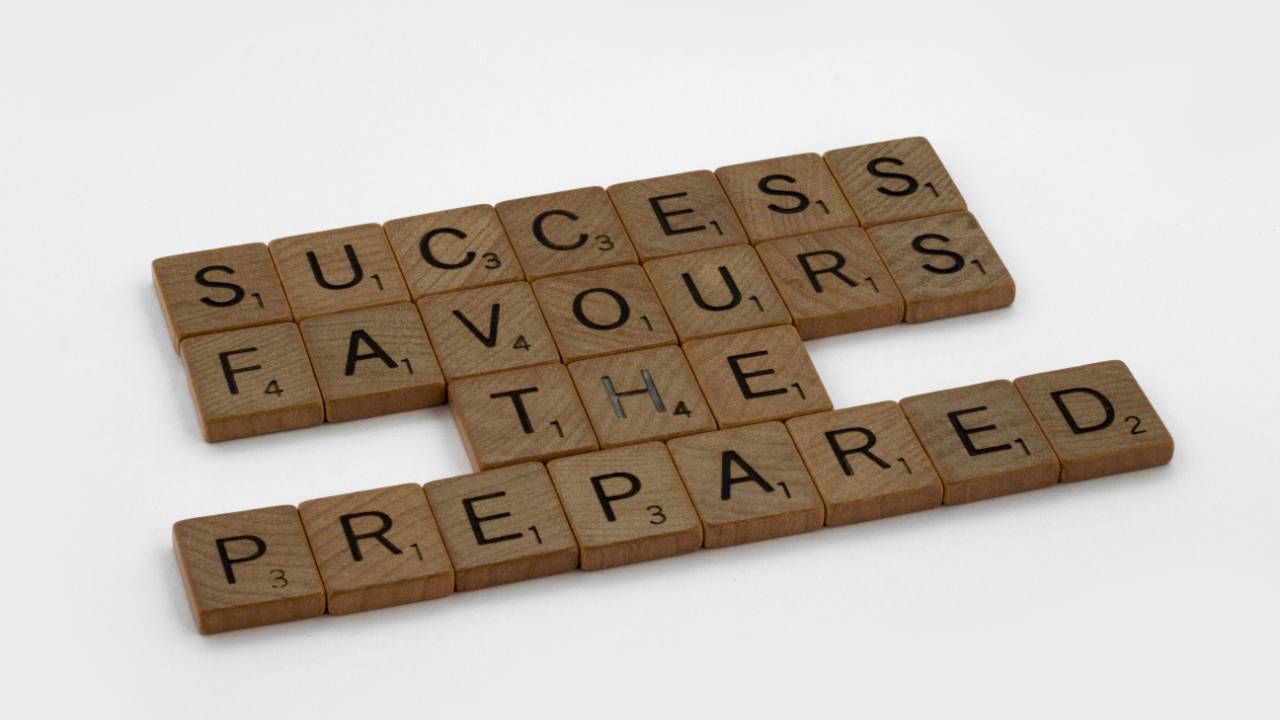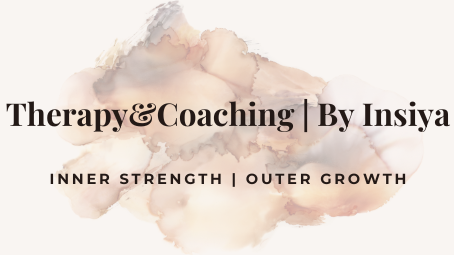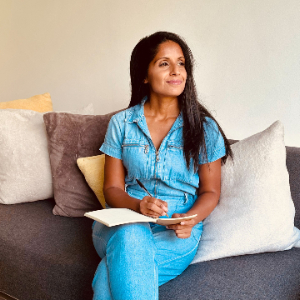Starting Online Counselling or Coaching? 10 Helpful Things to Know First

Online counselling and coaching offer flexible, accessible support from the comfort of your own space, but taking that first step can still feel big. If you're feeling stuck or unsure where to begin, you're not alone. As an integrative therapist and coach, I blend emotional support with practical tools to meet you where you are. This guide gently walks you through 10 helpful things to know before your first session, so you can feel informed, supported, and ready.
It might not involve sitting on a therapy couch, but online counselling and coaching can be just as powerful and personal as in-person support, sometimes even more so. For many, the ease of meeting from home, work, or a quiet corner of the day makes it more accessible and less intimidating. Whether you're feeling nervous, curious, or cautiously hopeful, this gentle guide will help you feel more prepared and supported as you begin.
- Your Space = Your Safe Container
One of the most important parts of online counselling is finding a space where you feel emotionally and physically safe. A room where you won’t be overheard or interrupted helps you relax and go deeper. It doesn’t have to be perfect, but consistency helps.
- Frame Yourself Comfortably
You don’t need to sit close to the screen unless you want to. A relaxed head-and-shoulders view is fine, and many people prefer to sit a little further back. The goal is to feel at ease, not scrutinised.
- Check the Light (So You’re Not in the Shadows)
If you sit with a bright window behind you, you might appear in silhouette. Try facing a light source instead, and see how it looks on camera before your session. Being visible (and seeing your therapist clearly) can help you feel more connected.
- Use the Device That Works Best for You
Phone, tablet, laptop, there’s no perfect option. Use what feels easiest and gives you the clearest sound and picture. Comfort is key, not perfection.
- Check Your Connection, Not Just Emotionally
Before your first session, it’s worth checking your internet connection. If you've ever had video calls that freeze, lag, or drop entirely, this could interrupt your session and leave you feeling more flustered than supported.
💡 Tip: You can test it in advance by having a video chat with a friend in the same space. If tech issues persist, some therapists offer phone sessions, or a blend of video and phone to ensure smoother communication.
- Choose Your Platform (and Don’t Worry if You’re Not Tech-Savvy)
Most therapists offer sessions via Zoom, Microsoft Teams, or similar secure platforms. You don’t need to be a tech expert. Your therapist will guide you through what’s needed and may offer options based on your comfort level. It’s okay to ask questions.
7. Make Space for Sound and Expression
Earbuds or headphones can improve sound quality and give you more privacy. If you're using your phone, try propping it up so you don’t have to hold it, and so you’re free to express yourself naturally. Therapy isn’t just about words; your facial expressions, pauses, and body language are part of how you communicate, even through a screen.
- Eye Contact Feels Different Online...That’s Okay
Don’t worry if you’re not “looking directly” at your therapist the whole time. Looking at the screen usually means your eyes are a little lower than the webcam, which might feel like you’re avoiding eye contact. Try moving your video window closer to the top of your screen if that helps, but know that it’s okay either way. What matters is the connection, not the camera angle.
- Silence Distractions So You Can Be Fully Present
Before your session, switch off notifications, mute alerts, and let others know you’re unavailable. This is your hour. Give yourself permission to be fully in it.
- Create a Buffer Before and After
When you’re not travelling to a physical therapy room, it’s easy to jump straight from your session back into life, but emotional processing needs space. Give yourself a few quiet minutes beforehand to arrive mentally, and a few minutes after to reflect, breathe, or write anything down before rushing back into your day.
Final Thoughts
Online counselling can be a powerful and personal experience, especially when it’s grounded in trust, choice, and the kind of support that meets you where you are. You don’t need a perfect setup or all the answers. Just a quiet moment, a willingness to begin, and someone who listens without judgment.
If you’re exploring whether counselling is right for you, whether with me or someone else, trust that it’s okay to ask questions, take your time, and find a space that feels like yours.
And if my integrative approach feels like a good fit, you're always welcome to reach out.
There’s room for you here.




